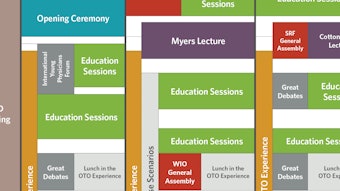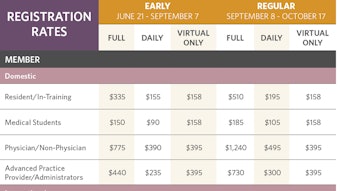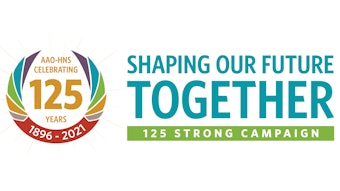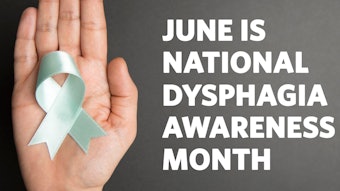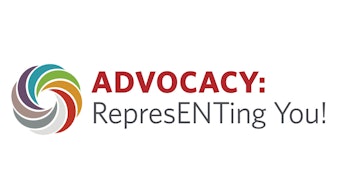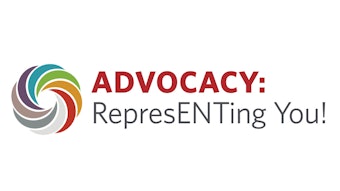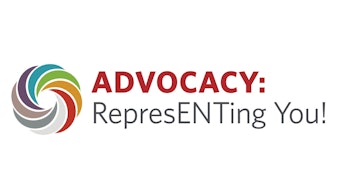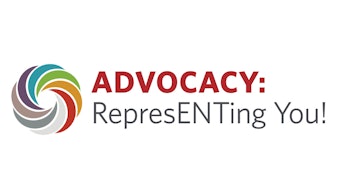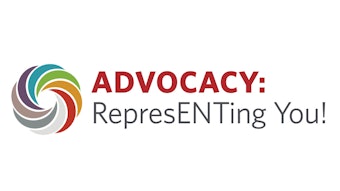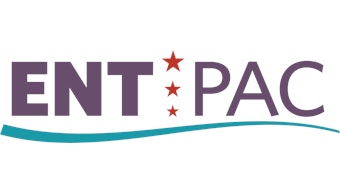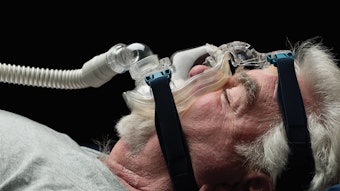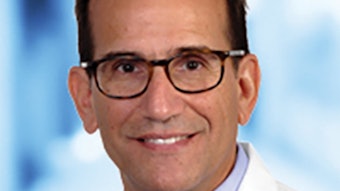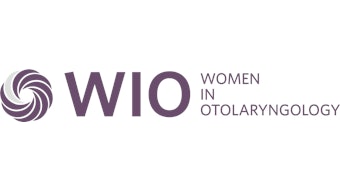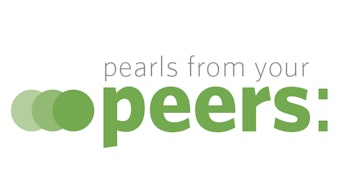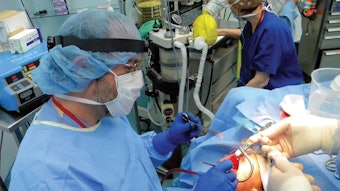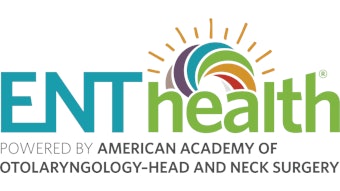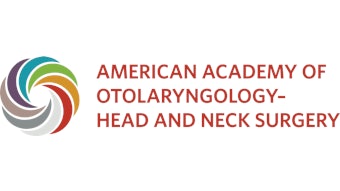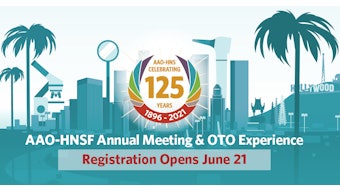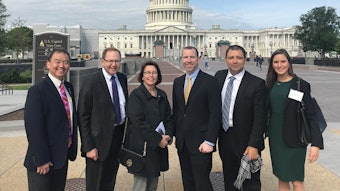The Complexity of Advocacy
There continues to be positive news with respect to declining rates of COVID-19 infections and hospitalizations in most areas of the United States.
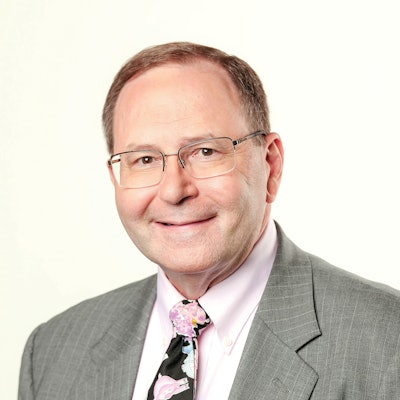 James C. Denneny III, MD
James C. Denneny III, MD
AAO-HNS/F EVP/CEO
While we typically launch registration in May for the AAO-HNSF Annual Meeting & OTO Experience, we delayed this year’s registration until June 21 as we wait for more concrete information about what would be allowed in California, specifically Los Angeles, in terms of convention activity. The most recent guidance from Los Angeles would allow our convention to take place at the scheduled time in October with certain precautions. If the trend continues, it is likely that these restrictions will be lessened throughout the summer. We fully intend to hold an in-person meeting with a virtual component that will allow those, around the globe who are unable to attend, to experience a great education event with meaningful opportunities for networking and interacting with your colleagues.
As you will see in the Bulletin and as you review the program, Daniel C. Chelius, Jr., MD, and the Annual Meeting Program Committee have done a superb job in putting together an exceptional, innovative program with several new feature events such as the Great Debates, the ENTrepreneur Faceoff, and the Personal and Professional Development Track. In addition to the 125th Anniversary Annual Meeting celebration special events already described, we will be announcing an exciting new program in the upcoming July Bulletin that will be initiated at the meeting in Los Angeles. Stay tuned!
Advocacy has never been more important than it is now and will continue to be over the next five to seven years as the healthcare delivery system is reshaped through legislation and regulation at a rate unseen in recent times. Our Strategic Planning process and the Board of Directors have recognized the need to designate additional resources to this area as a whole and specifically to the Business of Medicine. We have added a new director to our Advocacy team who will lead this effort in concert with our Education and Communications teams, the Physician Payment Policy (3P) Workgroup, specialty-based otolaryngology, and other healthcare organizations. The Strategic Plan will be available on the Academy's website in early June.
The complexity of advocacy engagement—whether it be state or federal legislation, state or federal regulation, health policy or government or private payer payment issues—has increased dramatically over the past several years, particularly the strategic use of social media. This makes the identification and prioritization of issues, choice of advocacy partners, development of both short- and long-term strategies, and effective communication of the issues and recommended solutions to our members and the legislators, regulators, and payers essential. Success can only be achieved through persistent collaborative effort by informed volunteer members and the dedicated advocacy staff.
“All that shines is not necessarily gold” is an old saying that is particularly applicable to the current world of advocacy. Many laws, plans, policies, rules, and regulations, which may appear appealing and beneficial on the surface, carry unintended consequences that in turn lead to long-term changes that are counterproductive to the advocate’s goals.
There has been a marked uptick in private payer policy alterations over the last several years. The most common policy shifts involve pre-authorization, surgical indications, the -25 modifier, cerumen management, diagnostic procedures, and reimbursement rates. The lack of clarity in the recently enacted E/M coding changes has also caused additional stress for both government and private payer billing. Our ability to successfully address many of these problems is dependent on our members notifying us as early in the process as possible. There are many opportunities for members to get involved in our Advocacy team. The Board of Governors is an excellent place to start.
The cover of this month’s Bulletin features our 125 Strong Campaign and the four areas of focus for this initiative, which we hope will raise money for additional programs in Diversity, Equity, and Inclusion; Education; Leadership Development and Mentoring; and Wellness. Angela M. Powell, MD, has written an excellent article on the opportunities that exist in the diversity space that deserve your consideration. I would encourage everyone to take a close look at all four areas and donate to the one(s) that speak to you.
